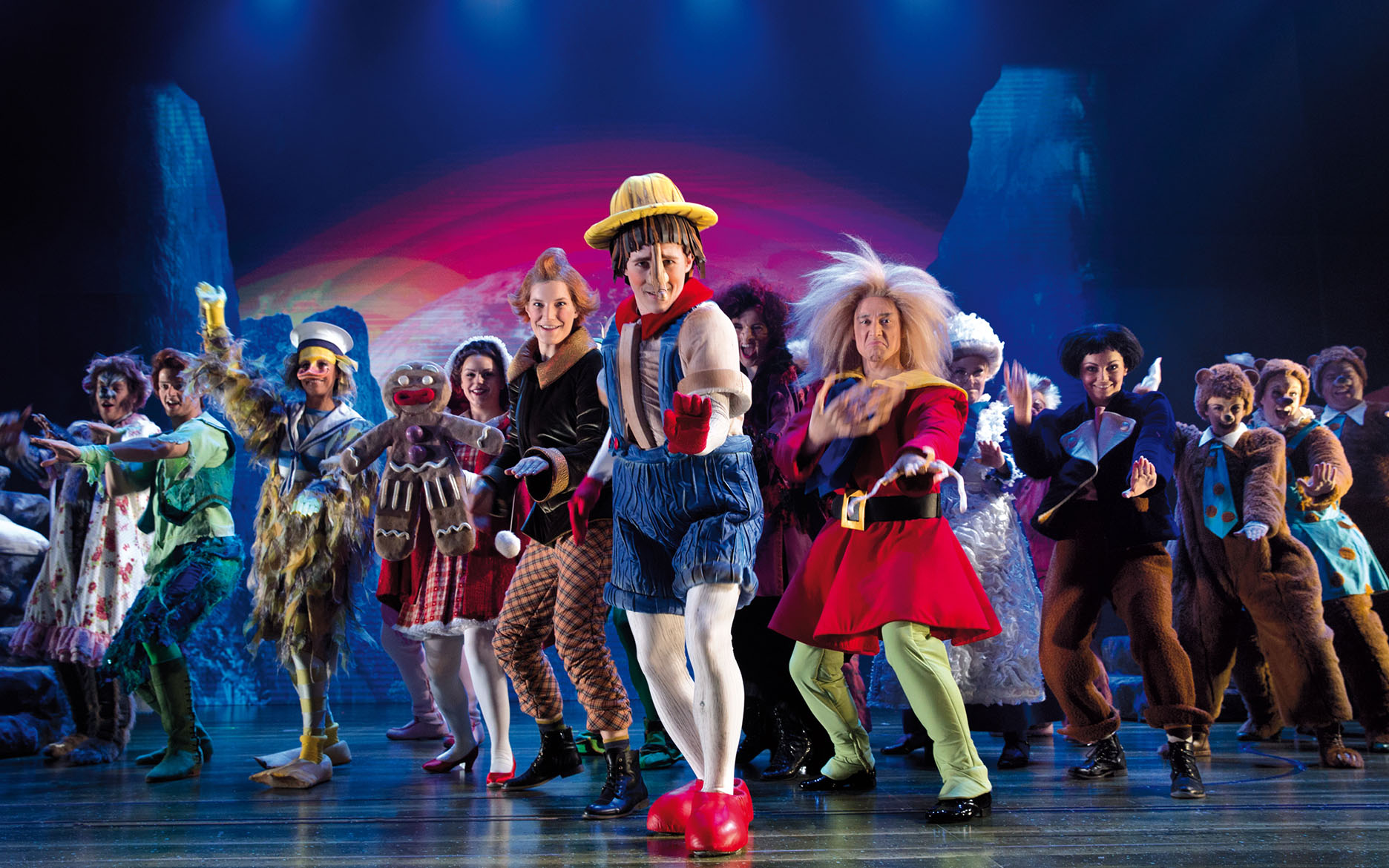This is Part 3 of a series that I’m writing this week to help you be a better speaker.
I was in a musical once – in high school. I had a supporting role and a huge solo in the middle. It was the first time I realized that I could feel comfortable standing in front of people. It also made me realize that if I didn’t make it in the business world, I’d succeed bigly on Broadway. I know this is true because tons of people told me. Well, maybe not tons. Okay, maybe it was only my mom.
Anyway, I learned much from being in the musical. And there are still some things that come into my mind every time I give a presentation. It’s important to examine them.
Think about it, you might not be giving a performance worth a Tony nomination, but all successful musical actors have one thing in common.
They captivate you.

You might not like them. You might hate their character. But you feel compelled to watch them. That’s a huge thing.
So what are some things we can learn from musicals?
1) Don’t turn around. Ace of Base had it right in the 90s when they coined this hit. And if you’re presenting, when your audience sees your back, it disengages them. Now, I don’t know every presentation you’re involved in, and something might require you to turn around, and that’s fine, but as a general rule – this is bad.
I typically see this one happening most when people turn to look on their slides. (I am going to do a whole other article on presentation illustrations). Just trust me, no one wants to see your back. Unless it’s defined like Arnold Schwarzenegger, but even still, it’s probably not a good idea.
2) Whatever movement you make, make it big. We talked yesterday about moving deliberately. This would dovetail. Use bigger hand motions than smaller. This is going to feel very uncomfortable, but trust me, it won’t come across this way.
In Theater, when you speak a line or sing, it must be so overly exaggerated or emphasized that it almost feels odd in your mind. However, it’s in that exaggeration that the audience gets you. Make your gestures big, your facial expression strong, and the tone of your voice dynamic.
3) If you mess up, move on. This is probably worth its own article, but it definitely fits. In musical theater, when you mess a line up, it’s vital to grab the subtext of what you’re trying to say and move to the next line. This is scary because it may feel like dominos, about to collapse the entire system with one wrong move. But if you have others on stage with you acting, they’ll often catch what you drop.
Presentations are a little different, they require you, and typically only you, to bear the burden of the forgotten lines. So here is a rule:
When I forget something, or skip something, or get lost (because this has happened to me, for sure), I just keep moving.
I don’t search. I don’t scramble. I definitely don’t say, “oh, I missed this thing I wanted to say back here.” I move to the next thing, and just find a different way to restate it if it was vital to the presentation. 9 times out of 10 it isn’t.
Here’s why: Your audience doesn’t know or care what you skipped or what you messed up. It’s not about how you feel giving the presentation, it’s about how the presentation is experienced by them. Therefore, if you stop and say, “Hey, I skipped this and let’s pretend I didn’t say what I just said,” it’s going to cause a disjointed moment in your talk and you might lose them. So make like a First Grader and skip.
That’s it. Now, I shall go listen to the soundtrack from the musical I was in, and maybe work on my next presentation.